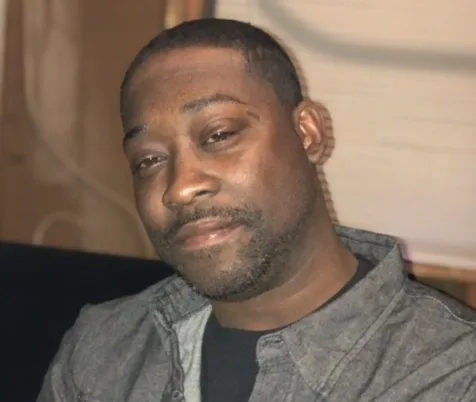
Deaths Mount at Scandal-Plagued Georgia Jail
Less than five months into 2024, deaths at the Clayton County Jail have already surpassed last year’s total. The local sheriff’s lack of transparency has only compounded the pain for grieving families.

Less than five months into 2024, deaths at the Clayton County Jail have already surpassed last year’s total. The local sheriff’s lack of transparency has only compounded the pain for grieving families.
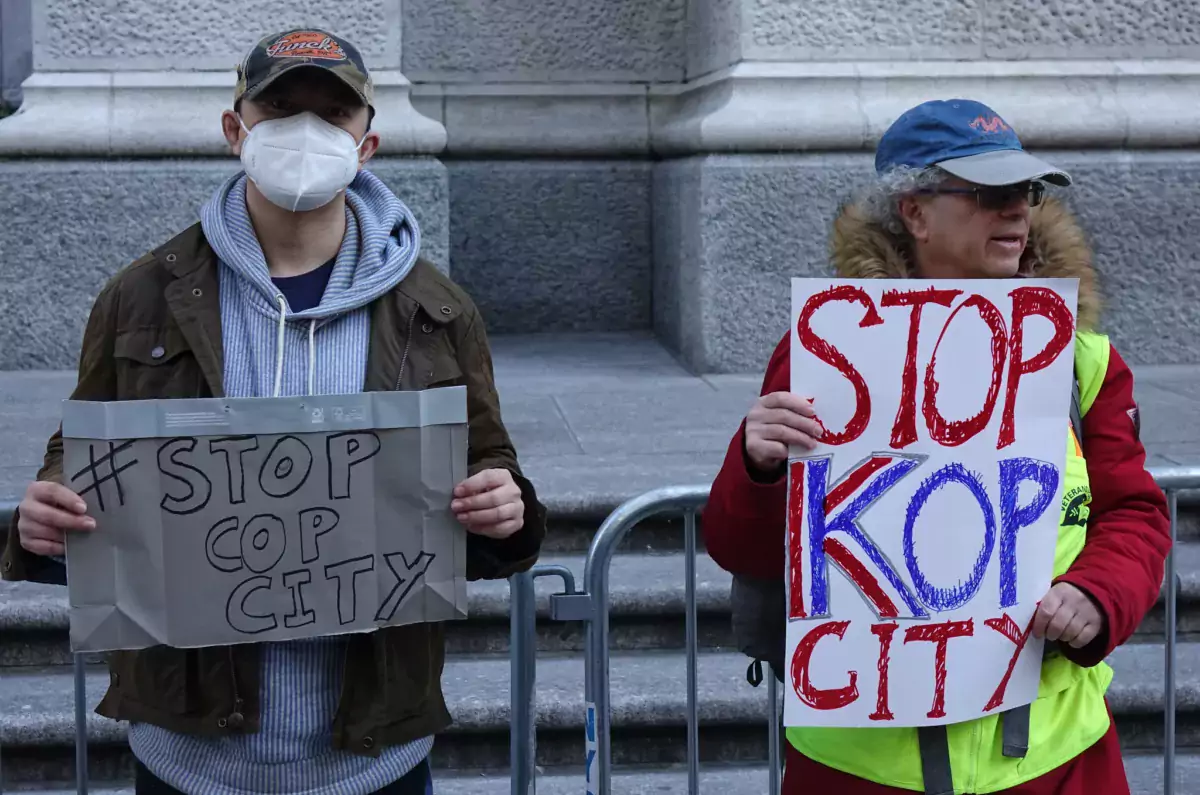
The bill requires people be held on bail for dozens of new, small-time charges—and virtually eliminates charitable bail funds after nonprofits posted bonds for many anti-Cop City protesters last year. Gov. Brian Kemp is expected to sign the measure into law.
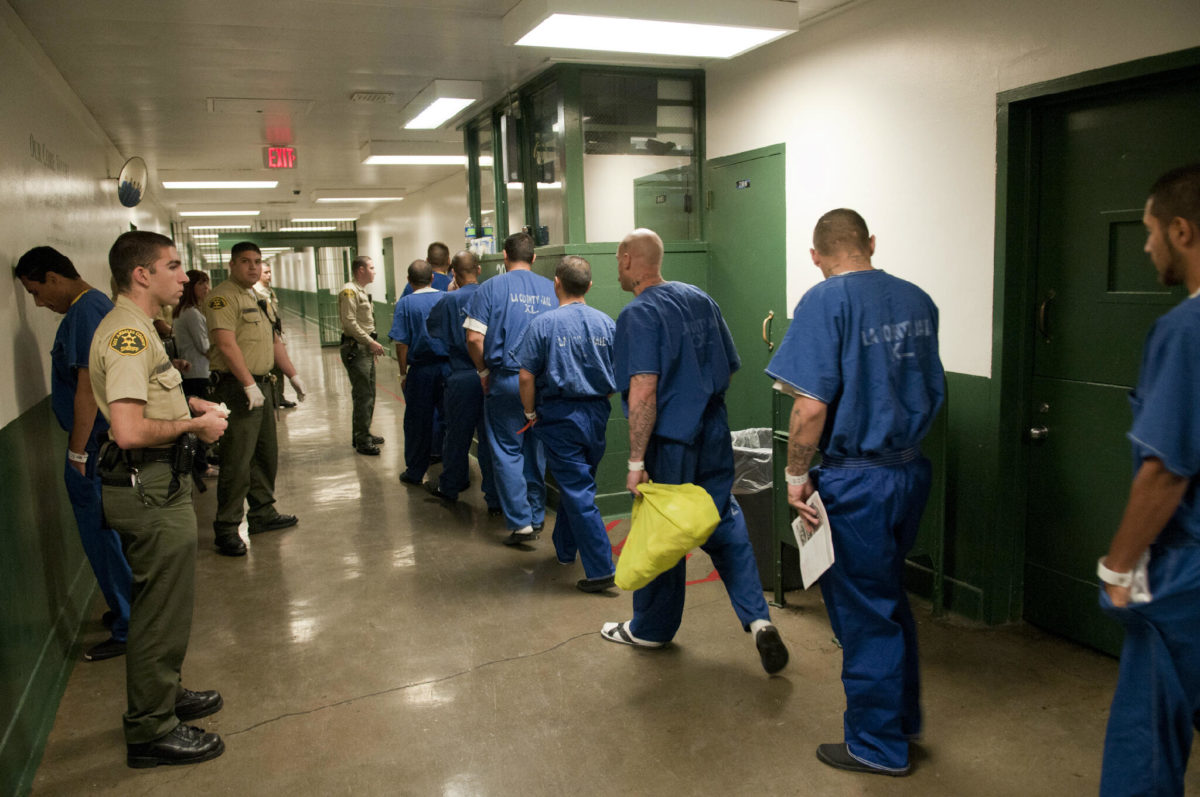
In 2015, Los Angeles County created a program to reduce the number of mentally ill people trapped in jail. But since then, the number of people with mental illness incarcerated in LA has instead increased significantly.
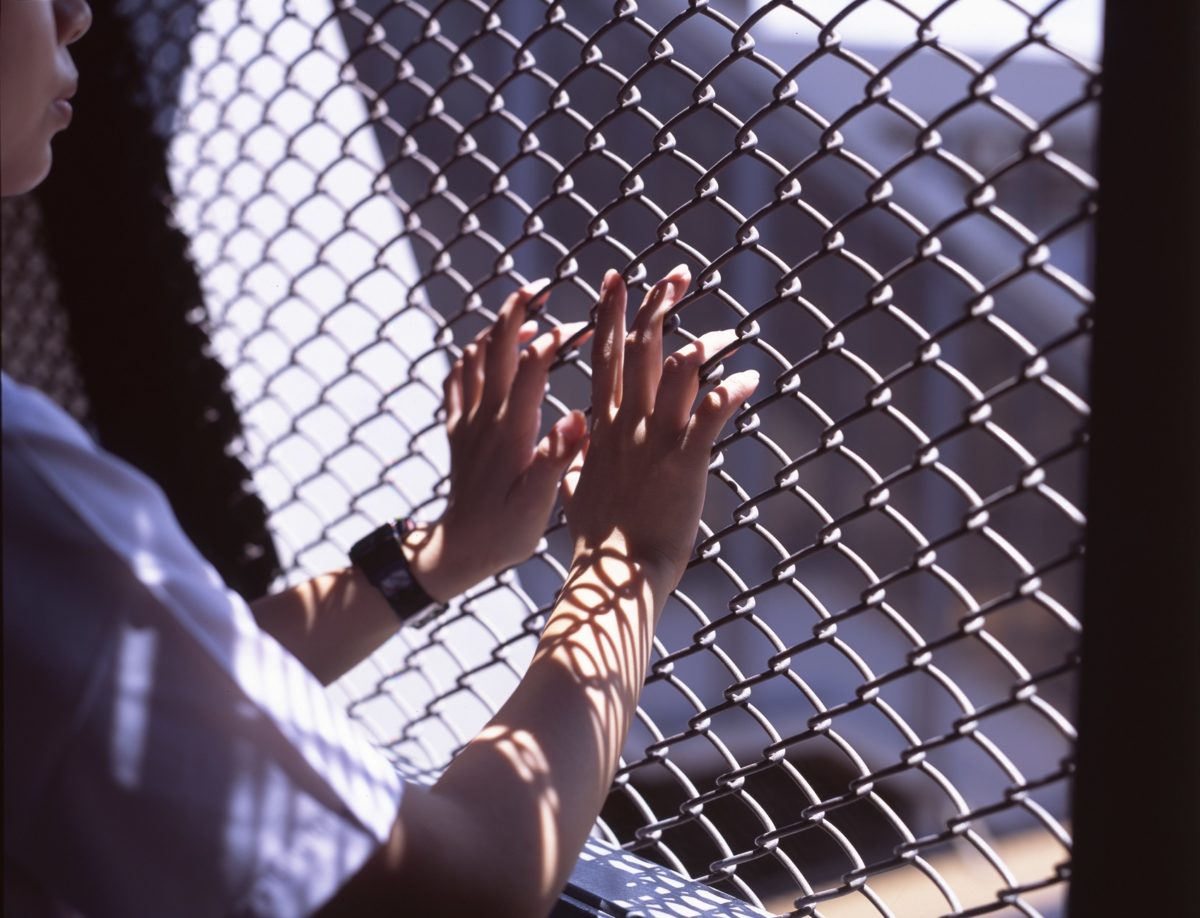
At the same time, state lawmakers are pushing to incarcerate more people pretrial.

Tishaura Jones wants to decriminalize offenses and transfer people out of the Workhouse. Cara Spencer wants to end the contract to house federal detainees.
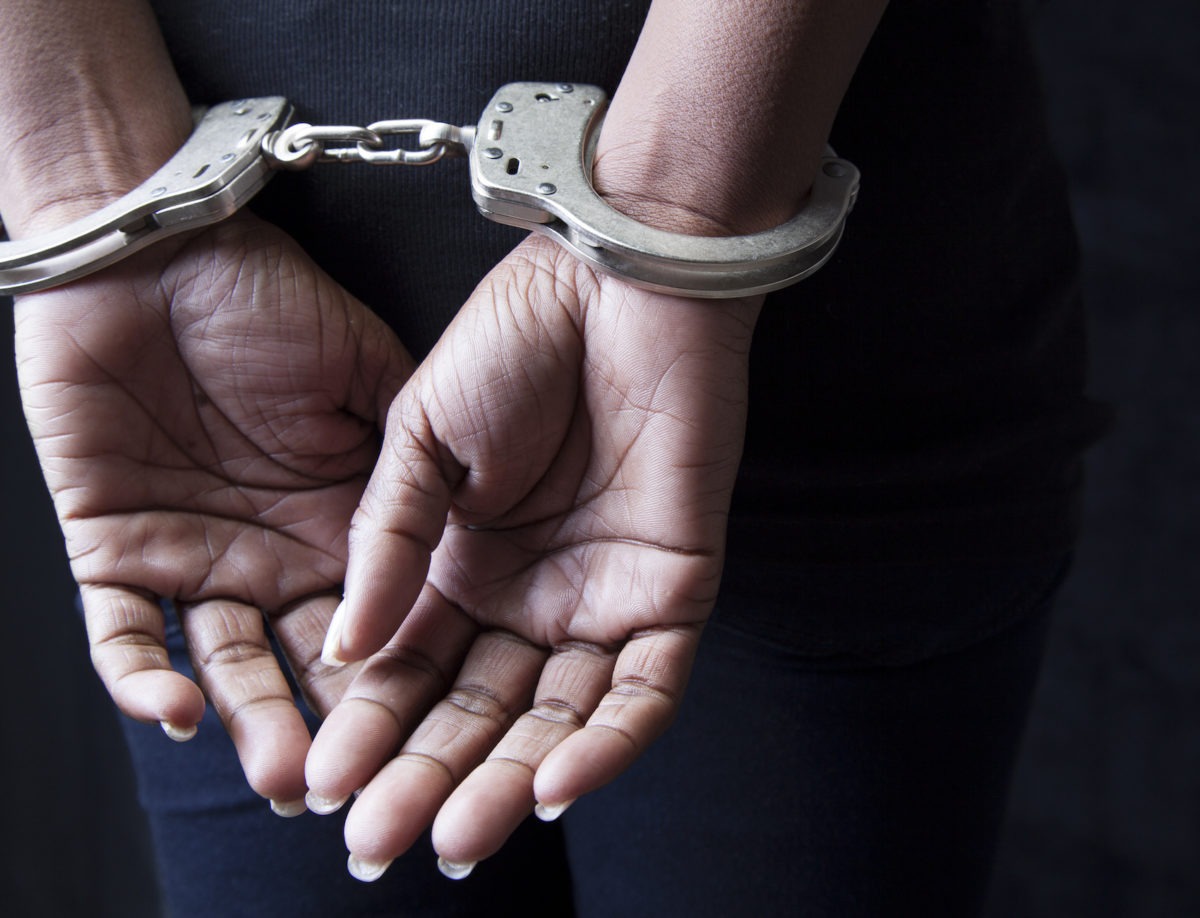
Getting convicted of a “minor offense” inflicts serious, long-term harm. The state can and must divert more people to counseling, group meetings, or other interventions.

On his first day in office, George Gascón said prosecutors will not seek bail starting Jan. 1, a win for criminal justice reformers.

A growing body of evidence suggests that it’s possible to reduce or even eliminate the use of money bail without increasing crime.
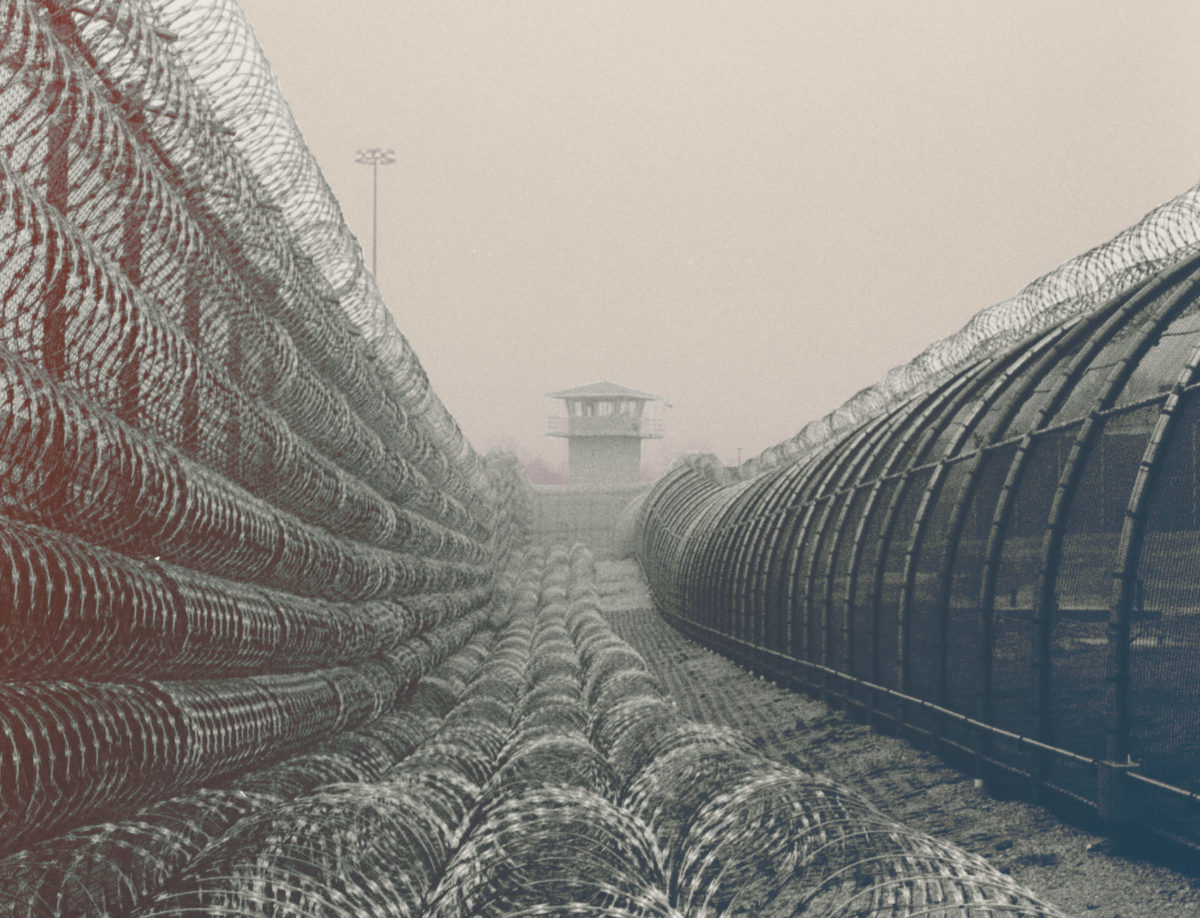
An Appeal analysis shows that the percentage of people held without bond remains steady, at roughly 33%, although arrests are down during the pandemic.
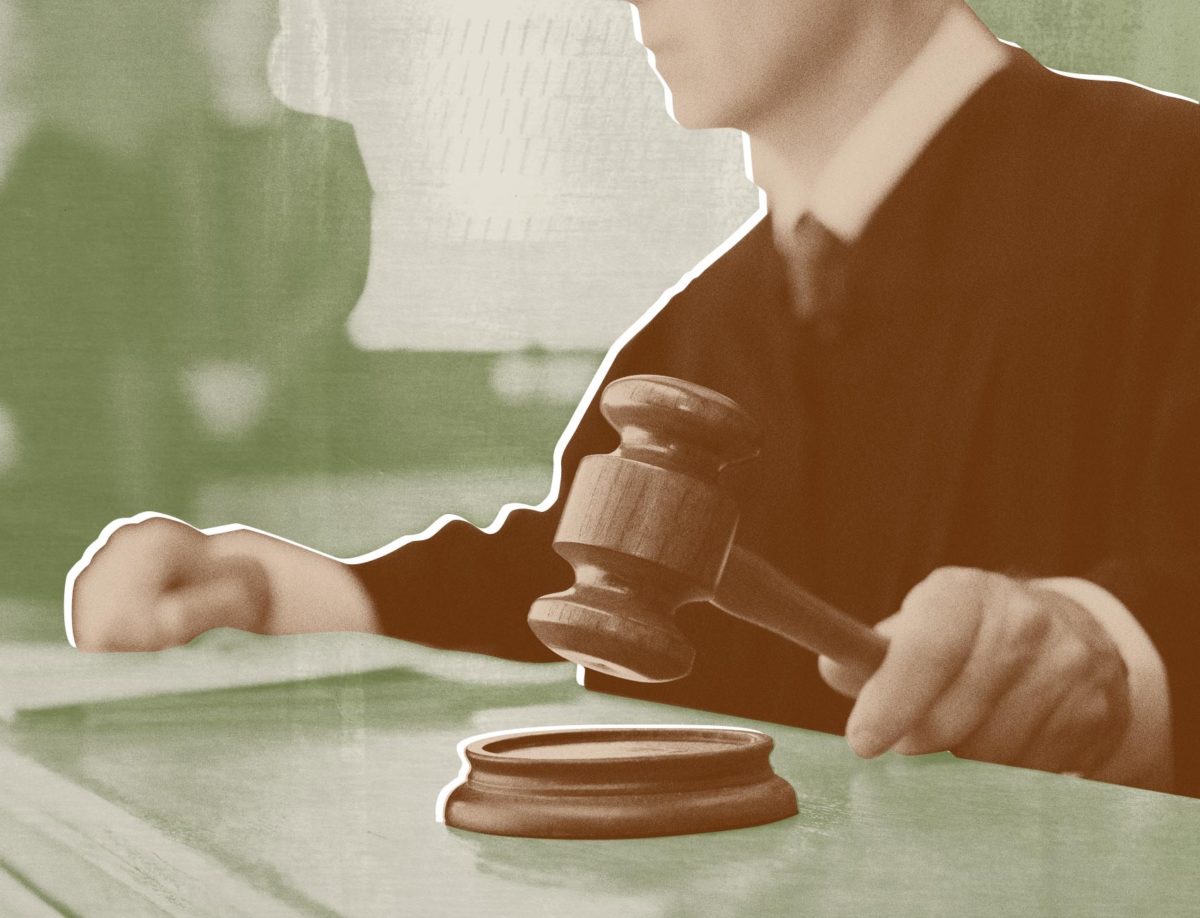
The state’s public defender asked the state Supreme Court in April to speed up reviews of people held pretrial, but advocates say it’s unclear if district courts have complied.
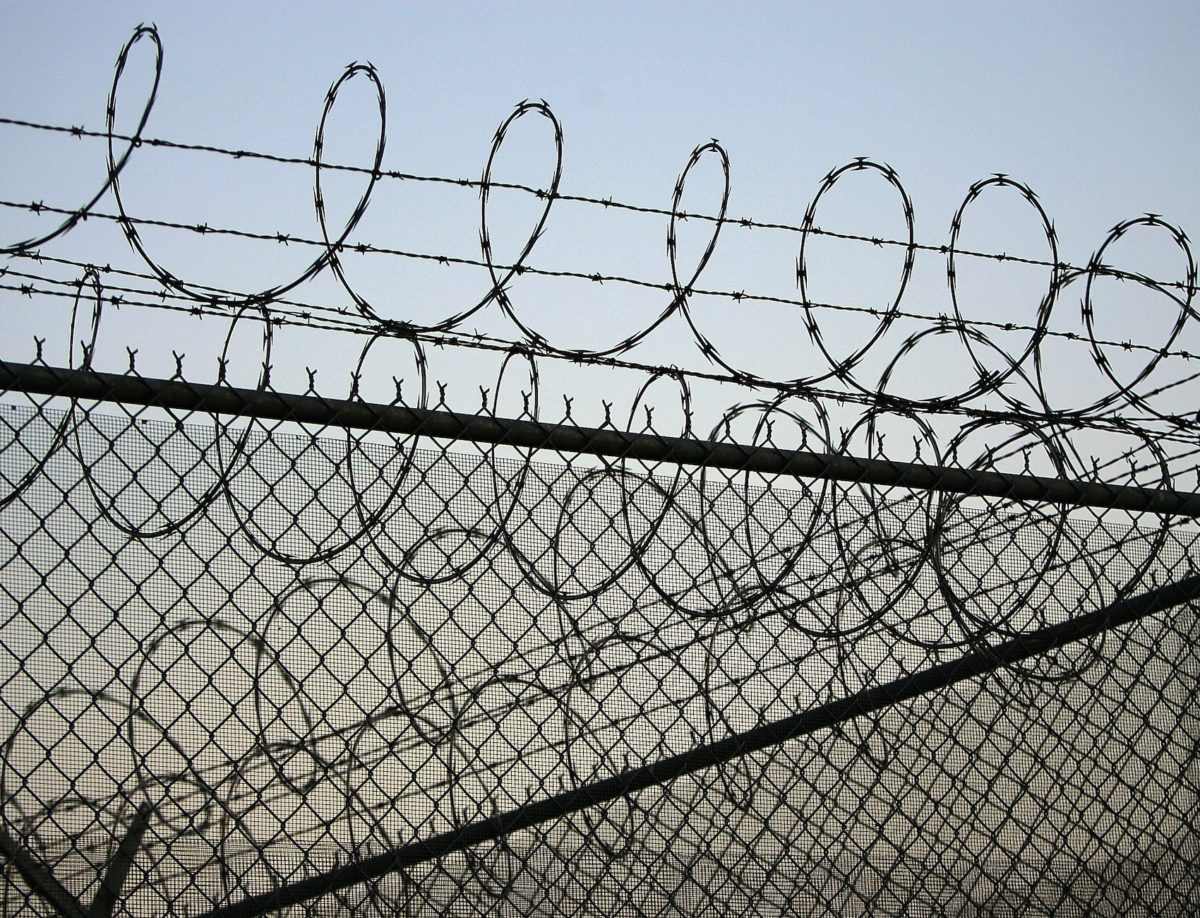
The plaintiffs want an independent expert to assess whether the facility has implemented social distancing measures, testing procedures, and hygiene practices adequate enough to reasonably protect detainees from contracting COVID-19 while in custody.
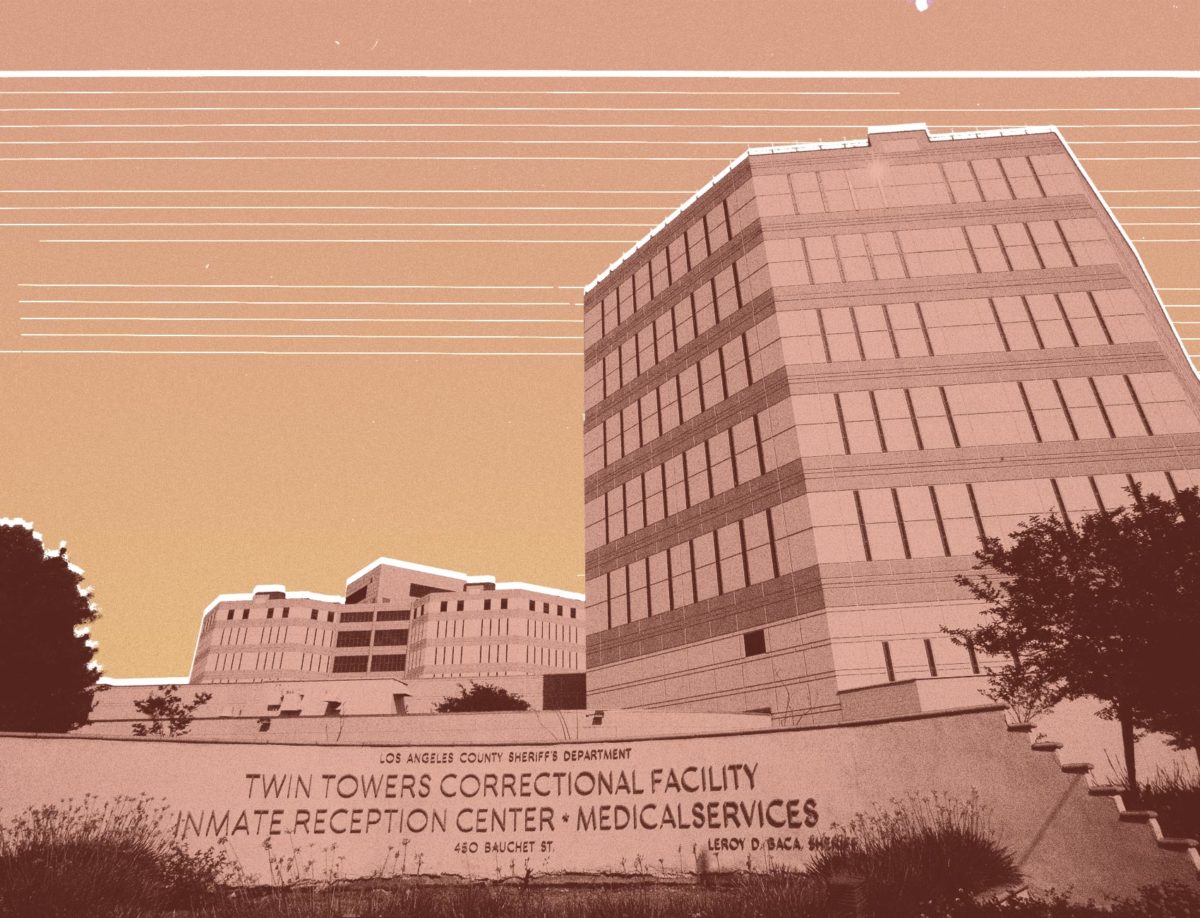
A man describes his ordeal in medical isolation while awaiting trial.

When the dust settles on this pandemic, we need to be clear on what was an emergency response and what is a desirable permanent change.
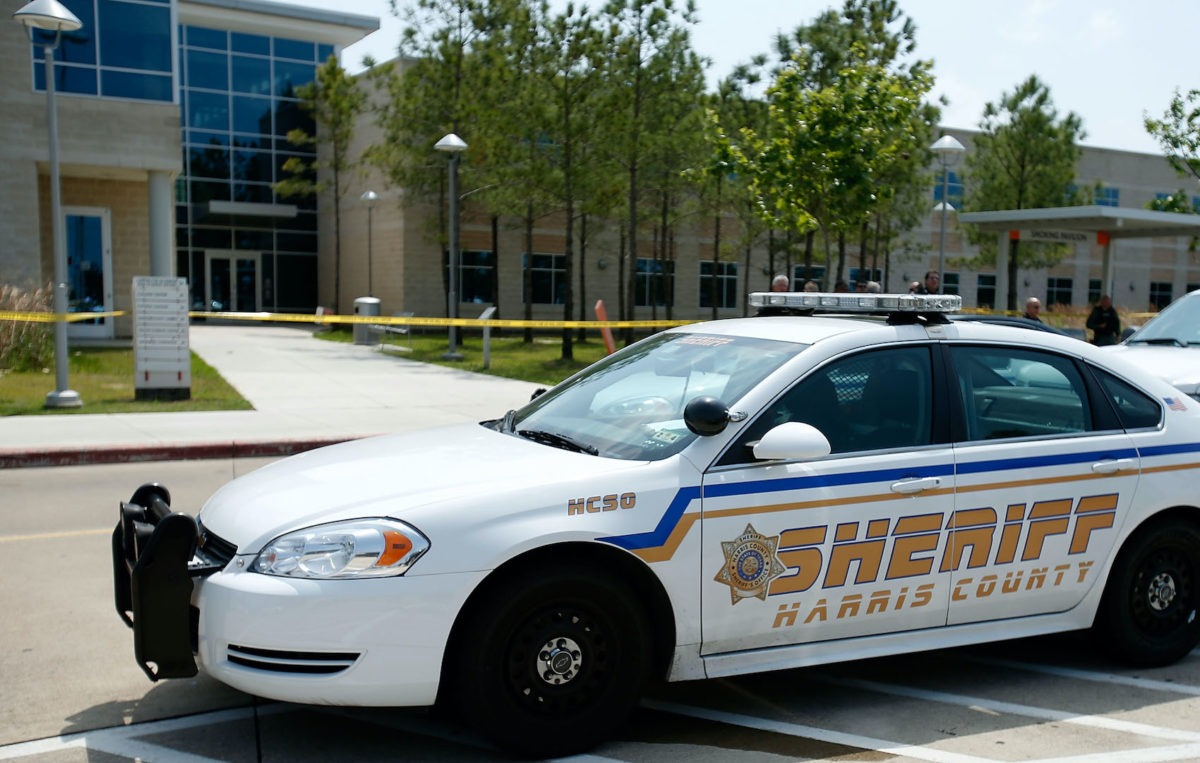
With few exceptions, news outlets in Harris County, Texas, spotlight singular instances of crime to allege that legal reform policy is a threat to the public.
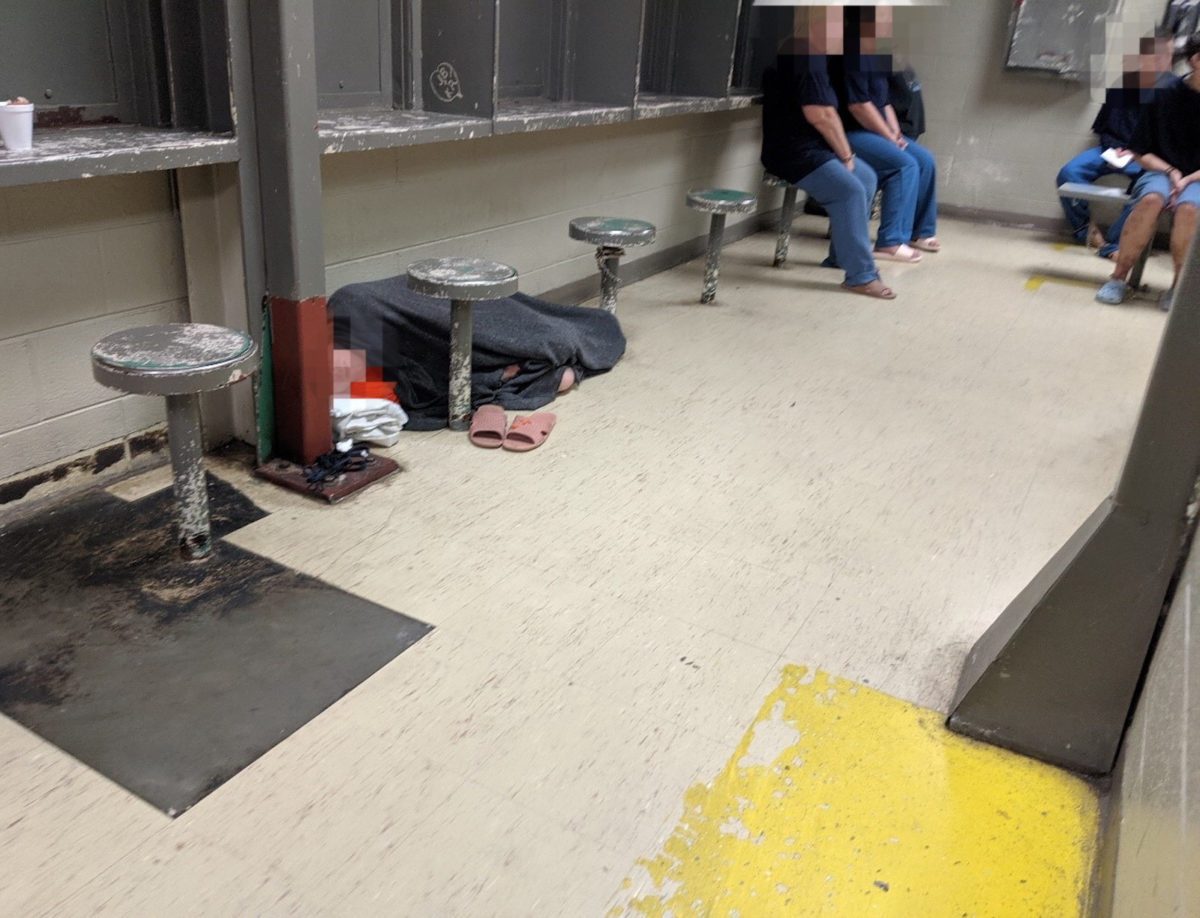
A federal lawsuit alleges lack of due process in a rural Tennessee county, and reform advocates say its jail is hardly an outlier.
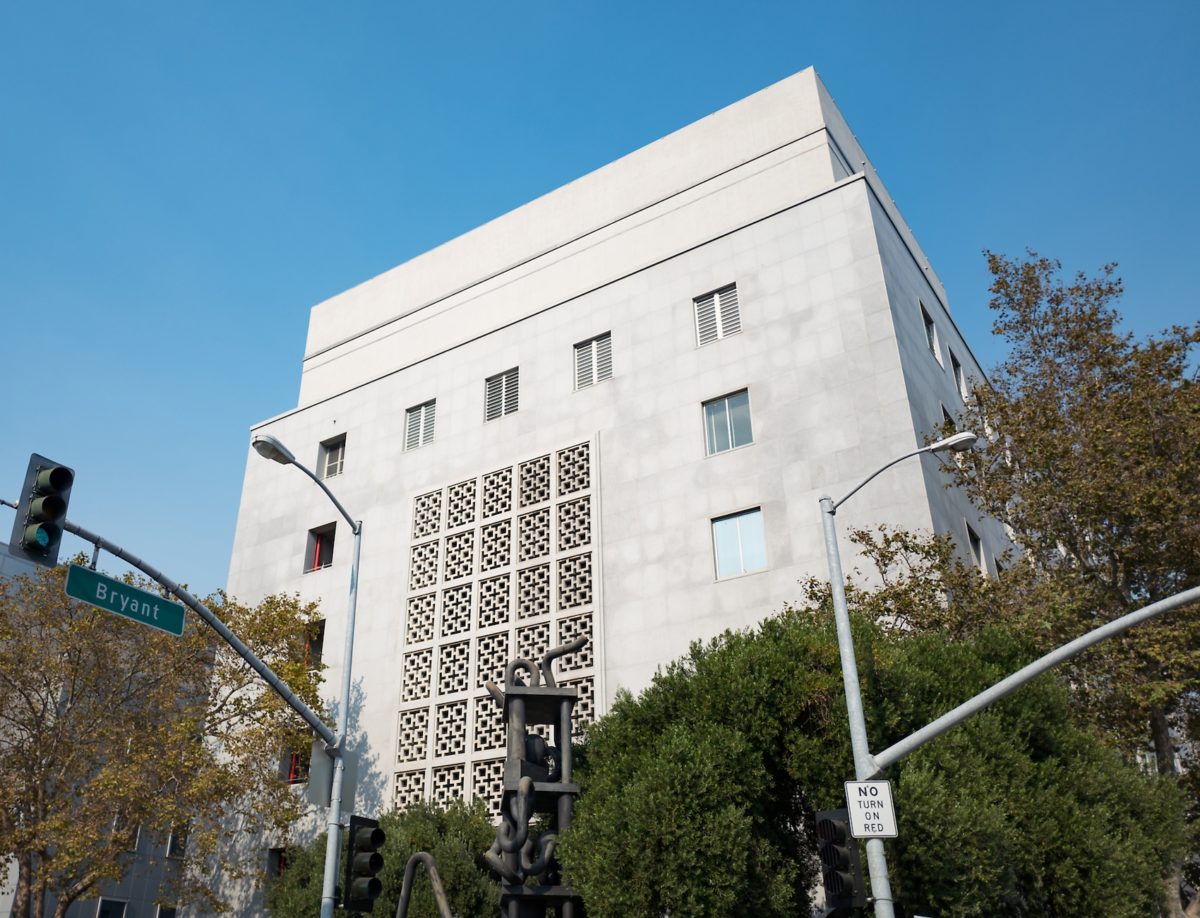
The public defender and district attorney both directed their staffs to keep individuals who are more vulnerable to the virus out of jail.
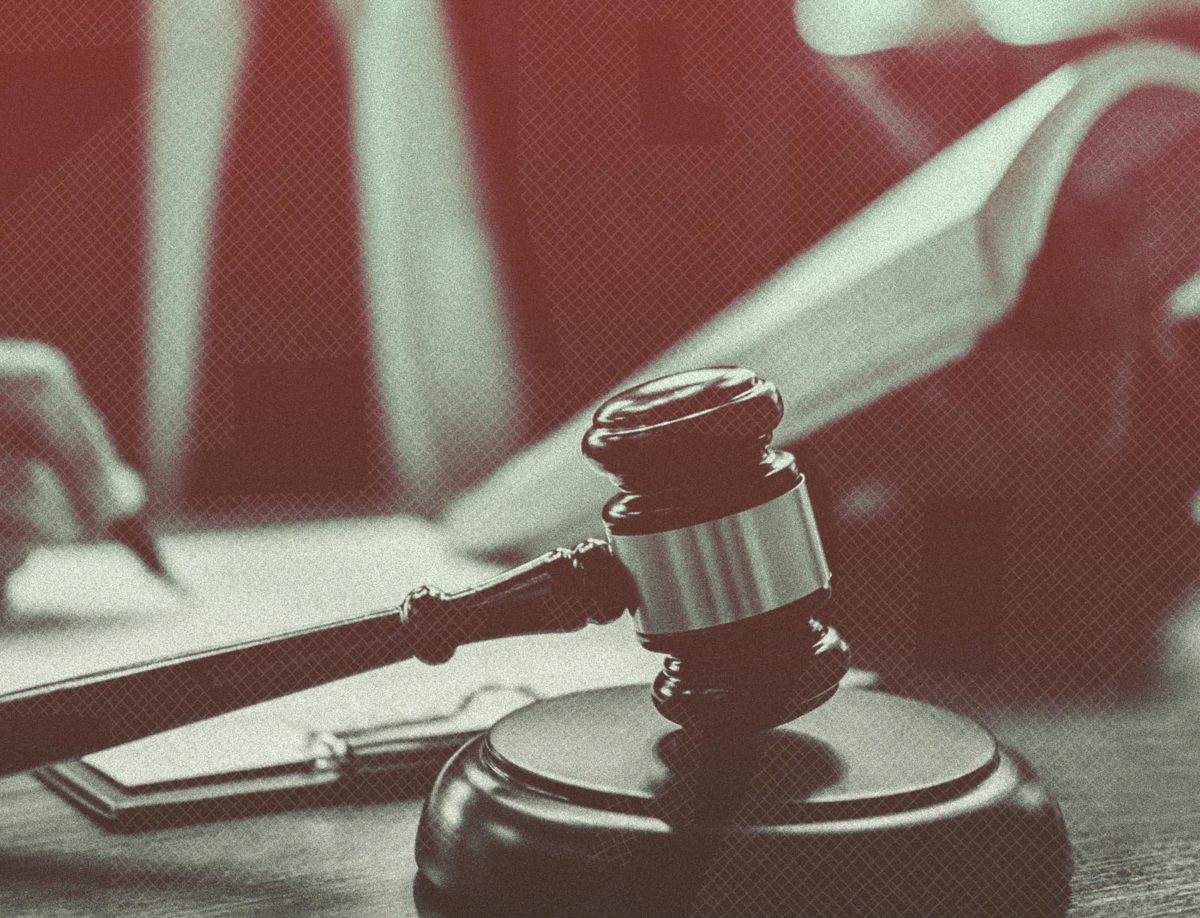
Reform advocates say the risk assessments are racially biased and are not effective at their key tasks: predicting the likelihood someone will return to court.
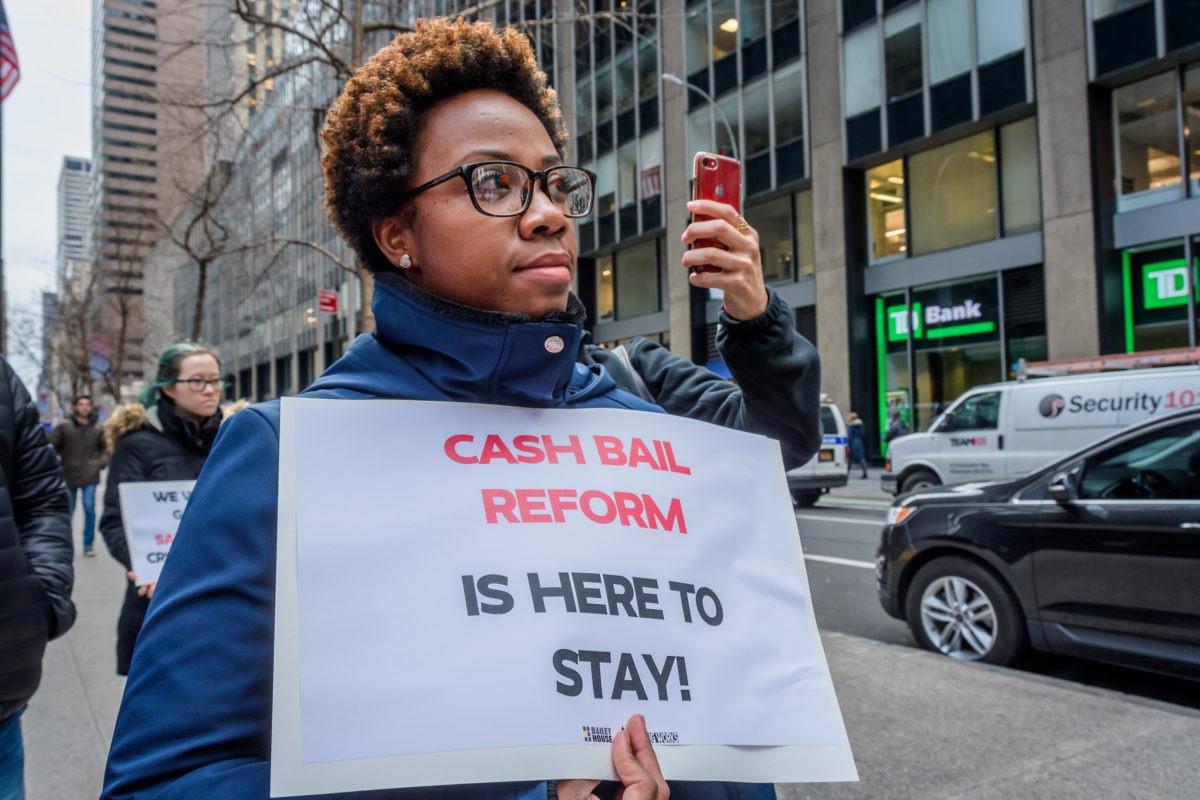
Kalief Browder’s death in 2015 and Layleen Polanco’s in 2019 are reminders that jail is the real threat to public safety.

Around one-third of counties in the United States use the tools when making release decisions, but few monitor whether they work as intended.
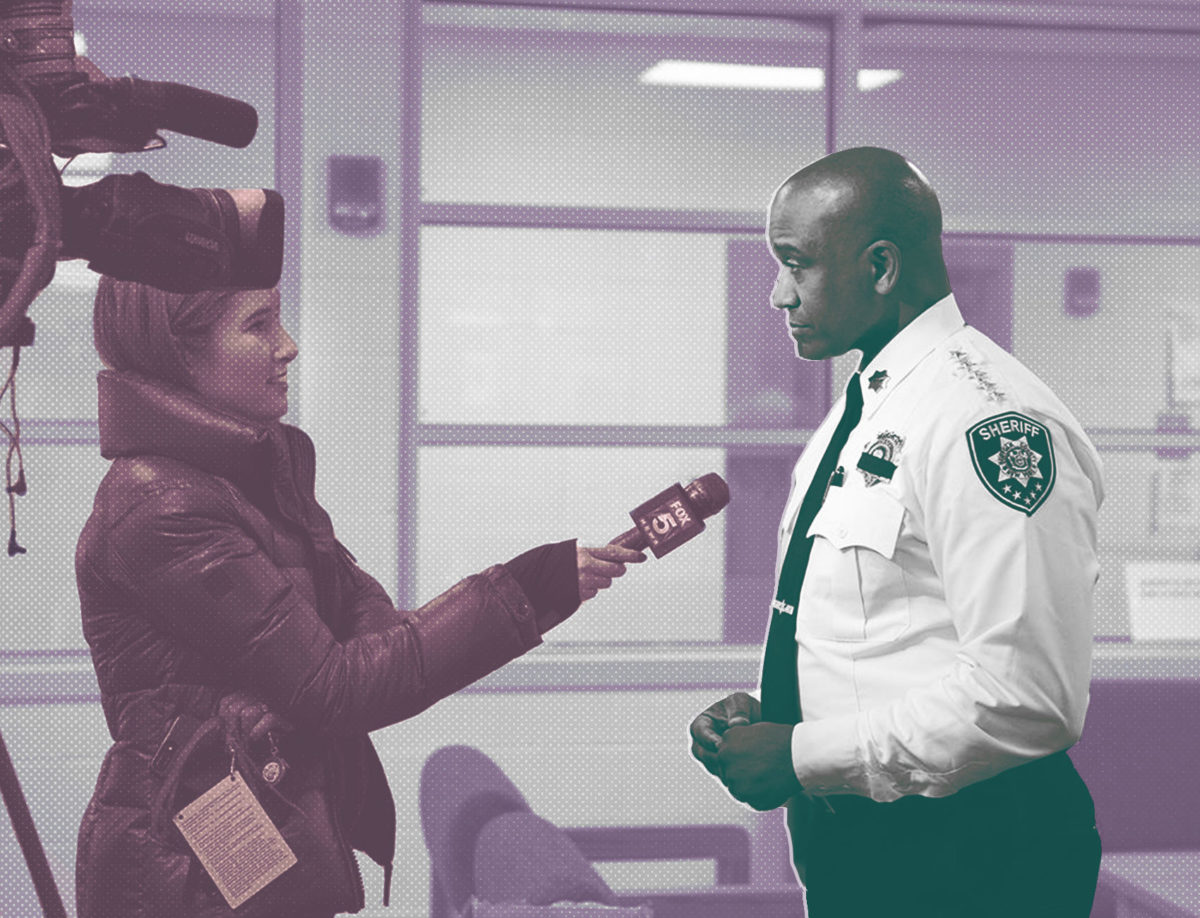
A wave of sensationalist press is not just coming from New York City, but also from county sheriff and city police departments frustrated by bail reform that they claim is ‘too broad.’

A severe shortage of assigned counsel due to low rates of compensation in Hampden County, Massachusetts jeopardizes the rights of defendants.
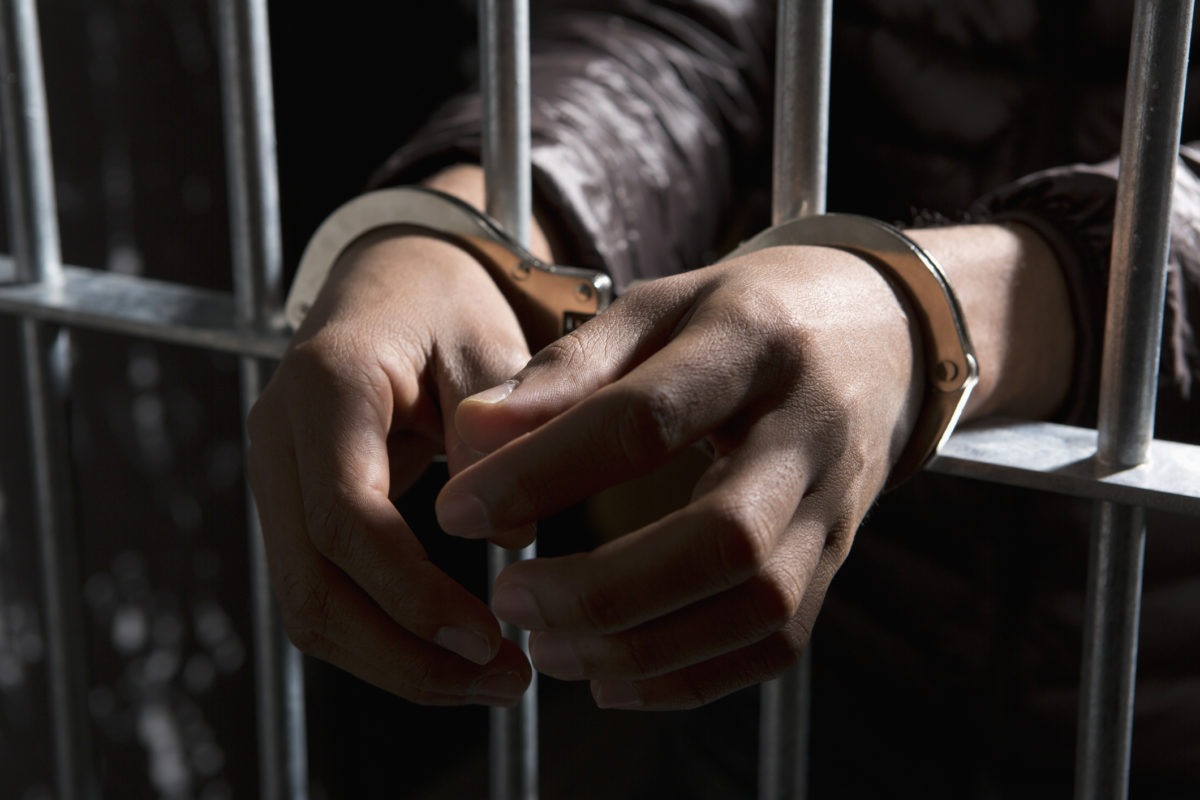
“Hundreds of registered sex offenders will gather on Halloween to spend several hours under supervision in an effort to make the community feel safer,” reports Taylor Pettaway for the San Antonio Express-News. For the last decade, the probation department in San Antonio, Texas, has been holding what they call “Project S.A.F.E. Halloween,” requiring sex offenders from across […]